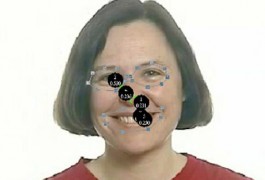Food fight
Girls who score high on a test that assesses symptoms of eating disorders have many features of autism.

Girls who score high on a test that assesses symptoms of eating disorders have many features of autism.

College students prefer the laughter of children with autism to that of typical children. This suggests that laughter may help children with the disorder connect with others.

A protein linked to language development, FOXP2, regulates the autism candidate gene MET, according to a study published 10 August in the Journal of Neuroscience.

The brains of teenagers with autism and their unaffected siblings respond similarly to both happy and neutral faces, whereas those of controls seem to prefer happy ones, according to a study published 12 July in Translational Psychiatry.

Memory is a notoriously unreliable guide, and this is especially true when strong emotions are involved. So it’s not surprising that parents of children with autism tend to recall the exact onset of their child’s symptoms with something less than accuracy.

Unlike typical controls, adults with autism do not synchronize their eye blinks with those of other people, according to a study published in the July issue of Neuropsychologia.

Broken rules are even more distressing to people with autism than being excluded, according to a new study.

A new study shows that women with high-functioning autism appear better able to camouflage their symptoms, perhaps because they are more self-aware than men with the disorder.

Studying the infant siblings of children who have autism to identify early signs of the disorder is expected to have enormous impact on the field from a clinical and a basic science standpoint, says psychologist Karen Dobkins.